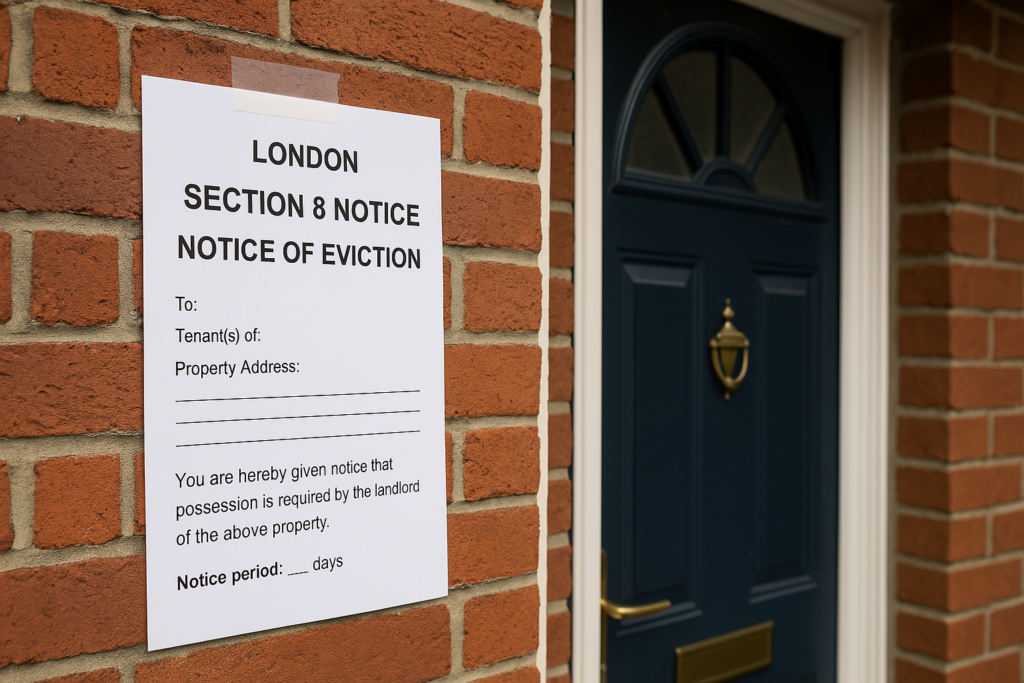Recent reports have revealed that senior Conservative politicians have held private meetings with prominent landlords and estate agents to devise strategies aimed at obstructing the proposed Renters’ Rights Bill.
These behind-the-scenes discussions have sparked widespread concern about potential collusion and the broader implications for tenant rights in England.
Background of the Renters’ Rights Bill
Introduced to Parliament on 11 September 2024, the Renters’ Rights Bill is designed to reform the private rental sector with a series of tenant-focused measures. Key provisions include:
Abolition of Section 21 ‘No-Fault’ Evictions: Aimed at preventing landlords from evicting tenants without a valid reason, this reform would enhance long-term housing security.
Limiting Upfront Rent Payments: The bill seeks to ban landlords from demanding large advance payments, a practice that has long excluded many from accessing rental housing.
Establishment of a Landlord Ombudsman: A new oversight body would handle disputes between landlords and tenants, promoting fairness and accountability.
Regulation of Rental Bidding: Landlords and agents would be required to publish an asking rent and would be barred from accepting offers above this amount, curbing competitive bidding wars.
Pet-Friendly Provisions: Landlords would no longer be allowed to unreasonably deny requests from tenants wishing to keep pets, with a formal process for challenging refusals.
Details of the Private Meetings
Shadow housing minister Jane Scott reportedly hosted a roundtable with some of the country’s largest landlords and estate agents.
The purpose of the meeting was to discuss potential tactics for delaying or obstructing the Renters’ Rights Bill. Proposed strategies included:
Legal Challenges: Exploring whether the bill could be challenged in court on human rights or other legal grounds.
Legislative Delays: Using amendments in the House of Lords to slow the bill’s progression through Parliament.
These discussions have raised alarms over a possible coordinated effort between Conservative figures and the property industry to resist legislation intended to protect renters.
Reactions from Advocacy Groups
Tenant advocacy organizations have strongly criticized the reported strategy sessions.
Anny Cullum, policy officer at Acorn, described the meetings as a deliberate attempt to hinder progress on a bill that could provide crucial protections.
Polly Neate, chief executive of Shelter, reiterated the bill’s importance for England’s 11 million private renters and condemned any actions designed to delay its enactment.
Implications for Tenants and the Rental Market
The Renters’ Rights Bill signals a shift toward greater fairness in the rental market. Efforts to undermine the bill risk preserving the status quo, with consequences such as:
Continued Use of No-Fault Evictions: Keeping tenants vulnerable to sudden, unexplained eviction notices.
Persistent Financial Barriers: Upholding practices that require large upfront payments, making it harder for many to secure housing.
Limited Tenant Protections: Without an ombudsman, renters may continue to face unequal power dynamics in disputes with landlords.
Frequently Asked Questions (FAQ)
About the Renters’ Rights Bill and Recent Developments
1. What is the Renters’ Rights Bill?
The Renters’ Rights Bill is proposed legislation introduced to the UK Parliament on 11 September 2024. It aims to reform the private rental sector by strengthening tenant protections and regulating landlord practices.
2. What are the key changes proposed in the bill?
The bill includes several significant reforms:
Abolishing Section 21 “no-fault” evictions
Banning large upfront rent demands
Creating a landlord ombudsperson for dispute resolution
Regulating rental bidding practices
Protecting tenants’ rights to keep pets (with reasonable conditions)
3. Why are some landlords and Conservative figures opposing the bill?
Some major landlords and senior Conservative politicians reportedly view the bill as restrictive and damaging to their interests.
Private meetings have taken place to explore strategies for delaying or challenging the legislation.
4. What tactics were discussed to obstruct the bill?
Reported strategies include:
Filing legal challenges (possibly on human rights grounds)
Using legislative amendments in the House of Lords to delay its passage
5. Are these meetings illegal?
While not necessarily illegal, the secrecy and intent behind the meetings have raised ethical concerns and accusations of political collusion with vested interests.
6. What are tenant advocacy groups saying?
Organizations such as Acorn and Shelter have condemned these meetings. They argue that the bill is essential to protect millions of renters and that any attempts to undermine it are harmful and unjust.
7. How will the bill impact tenants if it passes?
If enacted, the bill will:
Provide greater housing security
Make renting more affordable and transparent
Give tenants more power in disputes and every day rental decisions
8. What happens next with the bill?
The bill is currently progressing through Parliament. However, opposition efforts could lead to delays or amendments.
Advocacy groups continue to push for its full and timely implementation.
Conclusion
The revelations about secret meetings between senior Conservative figures and major property stakeholders cast a shadow over the Renters’ Rights Bill’s path through Parliament. As the legislation moves forward, transparency and a genuine commitment to tenant welfare must remain central to the debate.
Read our other Blogs:
The Migration of Financial Institutions: From Canary Wharf to the City of London
UK Mortgage Approvals Drop as Homebuyers Brace for Stamp Duty Shift





